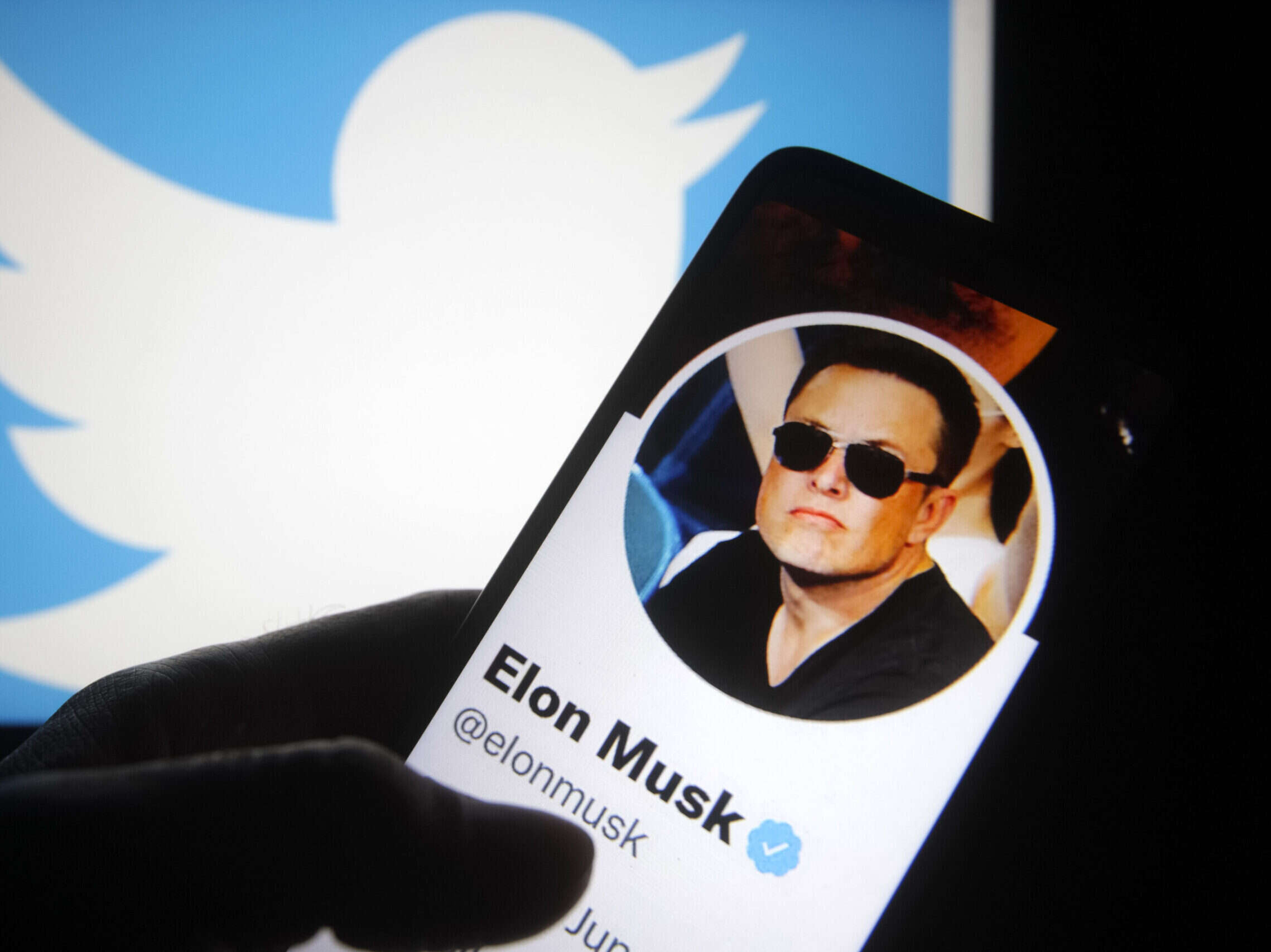
Elon Musk has more chance flying one of his SpaceX rockets to Alpha Centauri than he does persuading most journalists to pay for their blue tick status on Twitter.
But it is not just a bad strategy from a business point of view, it also has serious ramifications for press freedom.
Journalists were early adopters of Twitter in the late 2000s and it seems like most have been addicted to it ever since. Although (side bar) some of the best investigative journalists are too busy finding exclusives to spend time on Twitter and some journalists, it must be said, are better on Twitter than they are at the day job.
But that said, for me and most others involved in the world of news, Twitter is an indispensable real-time news agency.
Journalists provide Twitter with its best content because they are on the frontline of history and cannot help themselves but share what they see.
If you want to understand what’s going on in politics and the UK economy, Robert Peston on Twitter will give you a more timely, pithy and certainly cheaper insight than a subscription to The Economist.
If you want to know the latest on the war Ukraine you can often see footage shared in near real-time without filter via the hundreds of fearless reporters witnessing and sharing events on the ground.
While Twitter’s big beasts like Peston and Piers Morgan will shrug their shoulders and happily cough up $8 per month, reporters earning £25,000 a year certainly will not. So the pipeline of future Pestons will be cut off.
It’s even more difficult to imagine credible journalists from poorer countries than the UK paying for blue ticks, even if Musk does vary costs by region.
In our snap poll on Twitter, out of nearly 1,000 Press Gazette followers who voted, only 5% said they would pay for a blue tick.
Musk should probably be paying journalists to be on the platform but at the very least he should allow them on it for free in return for all the traffic and advertising they are driving.
Publishers and other brands on the other hand will no doubt be happy to pay the $8 per month for their brand accounts.
So the result of Twitter’s charging regime will be to shift power back to the media owners, away from the reporters on the frontline. It will be to entrench power back in the hands of vested interests. A very un-Musk move.
Blue tick verification helps us to know that Chris Mason of the BBC is that Chris Mason. Without it, we will turn back to verified publisher accounts and lose the raw, front-line news feed that gives Twitter its edge.
Journalists working for any bona fide news organisation in the UK are bound by rules which, at the simplest level, would see them quickly fired for making things up (on their own Twitter account or elsewhere).
So there is a benefit for readers and reporters themselves in setting out the accounts of professional journalists from the anonymous conspiracy theorists and trolls who populate much of the platform.
By all means Musk should charge brands, whose motives are mainly promotional, to use his platform. But bona fide journalists should get their blue tick for free.
They won’t pay for it in any case. And if they don’t, and Twitter becomes a platform for verified brand accounts, the platform will lose much of its appeal as a source of frontline news that you can’t find elsewhere.
Picture: Pavlo Gonchar/SOPA Images/LightRocket via Getty Images
Email pged@pressgazette.co.uk to point out mistakes, provide story tips or send in a letter for publication on our "Letters Page" blog
